
In the forums for our national conversation, there is no earnest discussion of peace and cooperation now … period! I’m not talking lip service or political posturing. I’m talking REAL DISCUSSION, widespread, inclusive, comprehensive discussion. In the media, by our leaders, among everyday people. NONE!
We have a war economy, a war on terror, troops fighting in seven countries (that we know of), over 800 military bases across the planet, countless secret missions and ops, soon weapons in space, and to add more gasoline to the fire are insulting and openly hostile to Russia and China — apparently to provoke them into a war. We the public are to believe the only available options are how much war and who to attack next.
There are no prominent media platforms, no high-visibility celebrities, no folk or pop songs being aired, no TV shows or movies, no major love-ins/teach-ins/sit-ins, no massive demonstrations, promoting peace.
If spectacle is out of the question because of Covid-19 lockdowns and social distancing, an effective peace movement would at bare minimum establish a national conversation about peace with the powerful tools that are available. But the current appeals for peace are a total washout. That’s the reality. There are sparsely-attended Zoom sessions, enthusiastic but isolated and very small clusters of activists, occasional listless street protests, none of which create enough buzz to be news to the greater mass of American citizens. They hear as much about peace now as they hear about powdered wigs.
As for our spokespersons at a federal level, all they officially talk about is “defending our national interest” — whatever that means — and the need for bigger, more powerful, more exotic, more expensive weapons. This salivating for a bigger badder military is bipartisan. Apparently blowing things up, creating animosity, and making more refugees are the only items the Democrats and Republicans can agree on.
But here’s the wrench in the gears of this doomsday machine: The simple, obvious truth is, all of the current talk about the urgent need to extend and expand our military is predicated on completely flawed thinking and a deceptive premise, one that we’re hearing belched out with teeth-gritting hysteria more and more these days.
Here it is:
“We can’t win a war against China or Russia, much less both at the same time.”
Actually yes! This is completely accurate.
BUT THE REAL TRUTH IS, THIS SHOULD BE A CAUSE FOR CELEBRATION. Because THEY can’t win a war against us either! It’s a perfect standoff. No one wins. No one loses. Why bother?
What a relief! There will be no war. Right?
Wrong.
Instead, it’s the basis of the further absurd claim that since we can’t beat Russia or China, we are militarily weak, vulnerable, lacking the necessary hardware and fire power. It’s used to promote expanding the military even more.
Where’s the deception? The deception is the wording. It should be: We currently can’t win a war of AGGRESSION against them, attacking them on THEIR soil. The need for the pivot to Asia. Putting NATO troops and missiles on Russia’s borders. Our never-ending wars in the Middle East. Expansion of our military footprint in Africa. Our secret ops everywhere. All of this projection of power “over there” to confront and defeat our “enemies” on their soil, in their waters, in their skies, requires bigger and better weapons, more ships and planes, trillions more dollars to float the bloat.
This sprawl of U.S. fighting forces is predicated false assumption is that WE SHOULD BE ABLE TO DEFEAT ANYONE, ANYWHERE, AT ANY TIME.
Who voted for this? Did you? I sure didn’t.
This mindset, this thinking comprises the essential core of exceptionalist madness. It’s the sort of delusion and arrogance that brings every empire down. And it obvious that it’s bankrupting our country . . . socially, morally, and economically. The self-sabotaging assumption that the U.S. should rule the planet is at the root of all of our geo-political machinations, misadventures, miscalculations. It’s making us the pariah of the world community and ultimately will destroy our unacknowledged empire from within. We will collapse from the weight of our hubris and recklessness. If we don’t push our adversaries too hard and too fast, ending up with a humiliating defeat on the battlefield, then eventually the waste of so much of our national resources on the pursuit of world empire will eviscerate America from within. We already see the shocking signs disintegration, the destruction of a functioning society every time we turn on the news. Some folks only need to look out their window.
THE BIG PICTURE, THE SOBERING REALITY.
Nothing will change, this self-destructive addiction to a failing world view and foreign policy will not go away, with the incentives now in place to perpetuate war, perpetuate empire, perpetuate the MISCM complex. NOTHING WILL STOP THE MADNESS! Yes, there will be minor adjustments, tinkering, fine-tuning. But it will always be tinkering and fine-tuning an out-of-control military, putting a pretty face on a thuggish foreign policy, and disguising our blood-drenched ham-fisted attempts at world conquest as a visit by the Democracy Fairy.
Most importantly, the policies that have resulted in endless wars, rivers of bloodshed, mountains of corpses, and nation-shattering chaos across the world are choices that the vast majority of everyday citizens NEVER APPROVED OF, NOR WOULD THEY EVER if they truly understood what was happening.
Without a genuine national conversation which at bare minimum focuses on reducing our military footprint and ending our wanton aggression, redefining the role of the military, promoting real peace, seeking genuine partnerships on a whole host of issues that require international cooperation, reaching out (as both China and Russia both do) to create win-win situations based on mutual respect and shared values, our current trajectory — a high-risk flirtation with nuclear war and other epic disasters — will continue unabated.
How do we begin a national conversation which seriously promotes peace?
How do we begin a national conversation which marginalizes or axes the warmongers?
How do we the people insert ourselves into making the decisions that impact our lives and future?
It starts with emptying the seats of those now in power. Then filling them with individuals who are not captured by the psychosis of American exceptionalism, not beholden to the military-industrial-congressional-media complex, committed to representing the interests and promoting the general welfare of all citizens, determined to restore the proper balance of the branches of government as required by the Constitution, and invested in promoting cooperation and peace among the nations of the world community.
For that, we need the full support of at least 150 million everyday citizens, who demand to be heard and treated with dignity and fairness. Enlisting and engaging these individuals is the central goal of the Peace Dividend Project.
Its time has come.

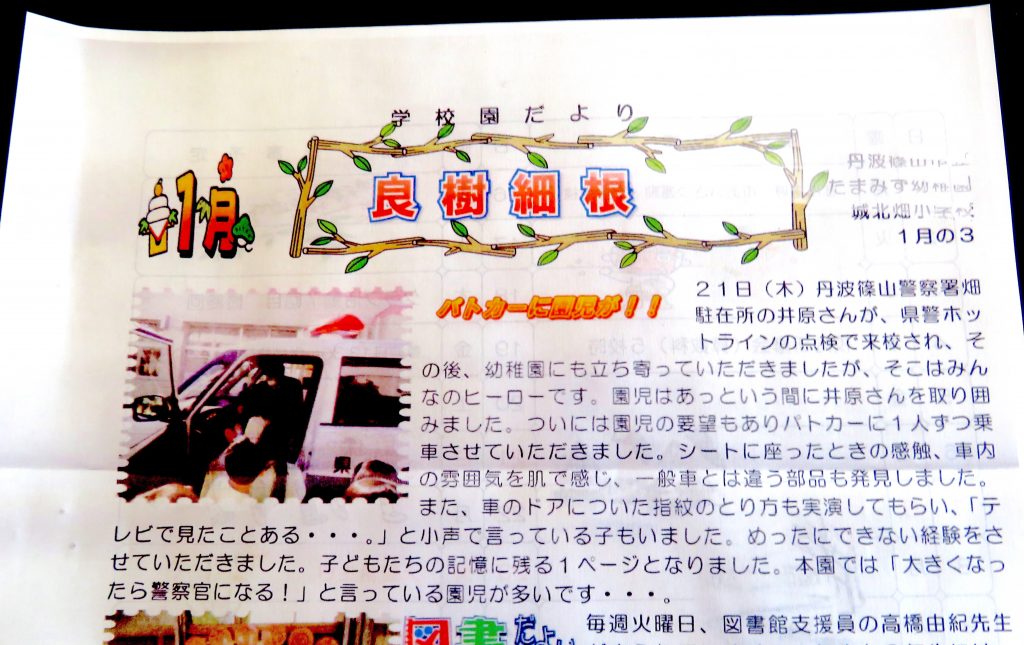
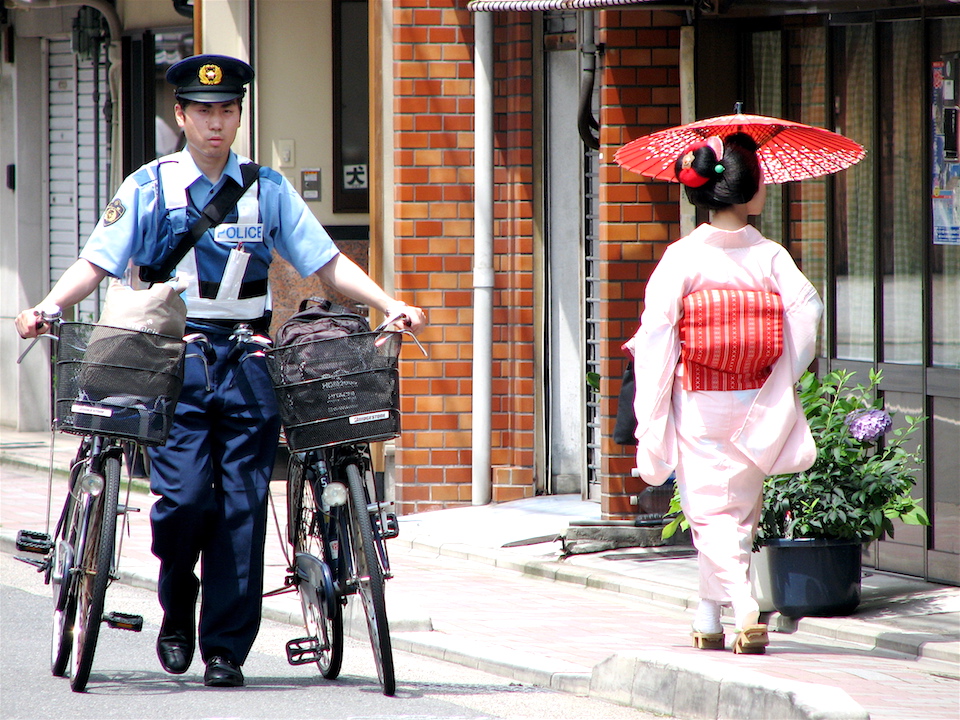







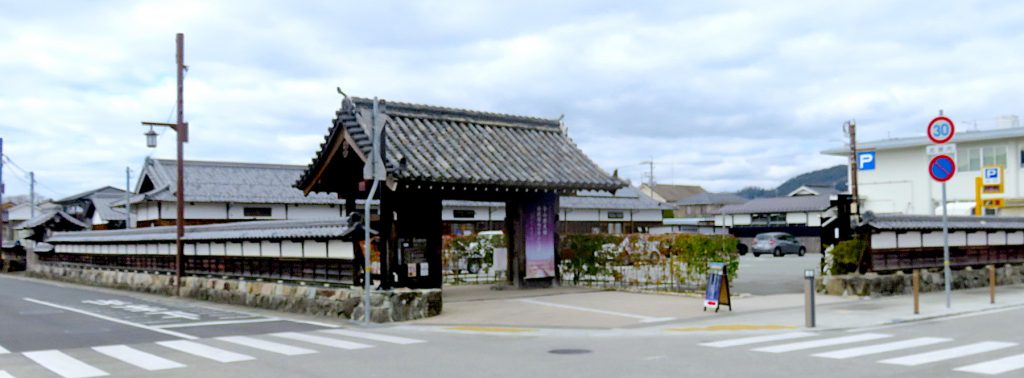

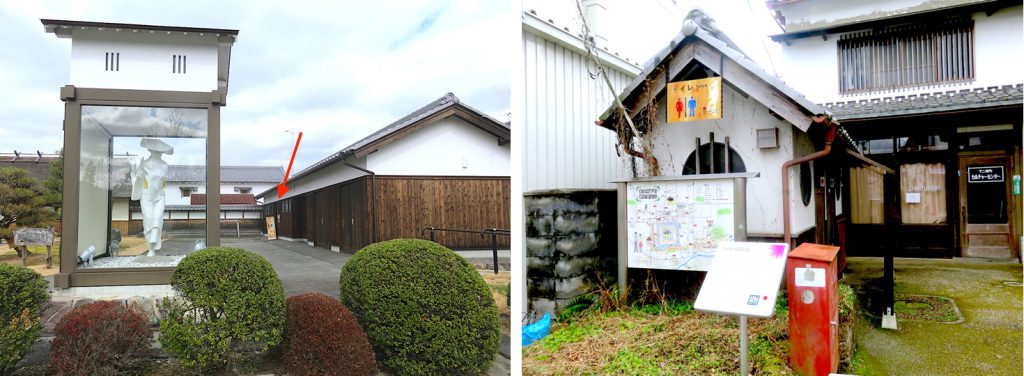
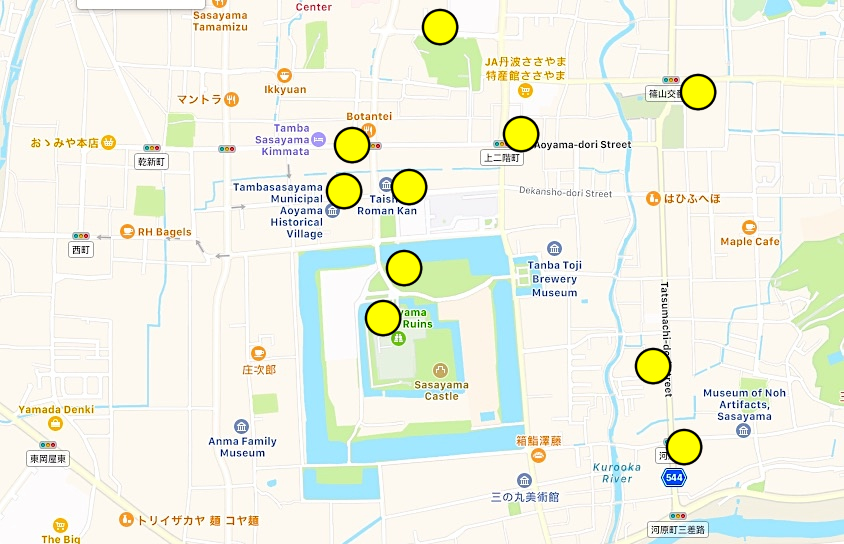

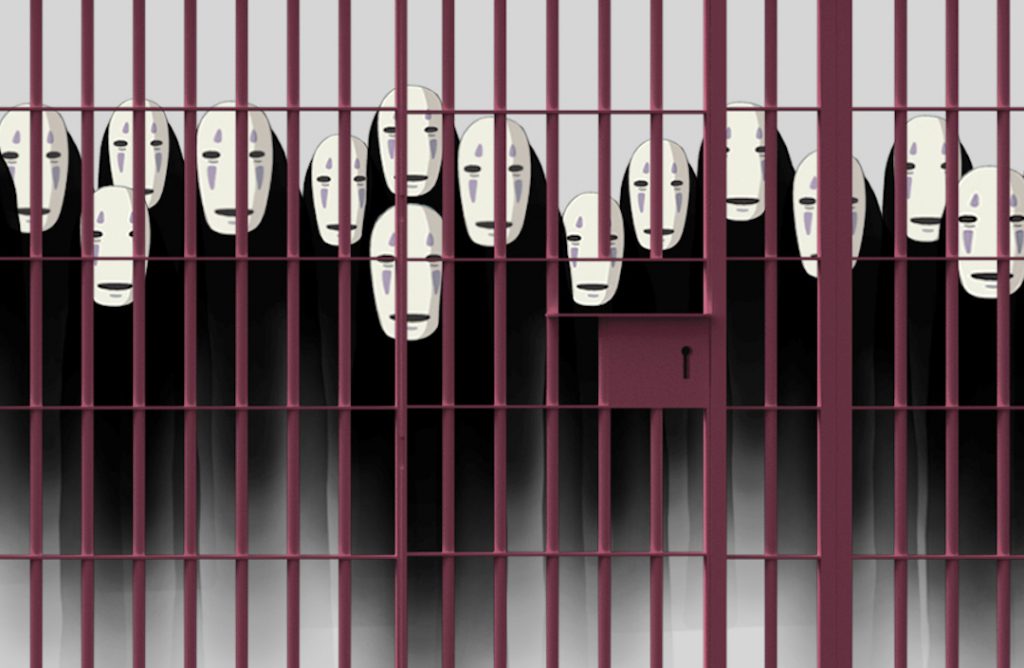
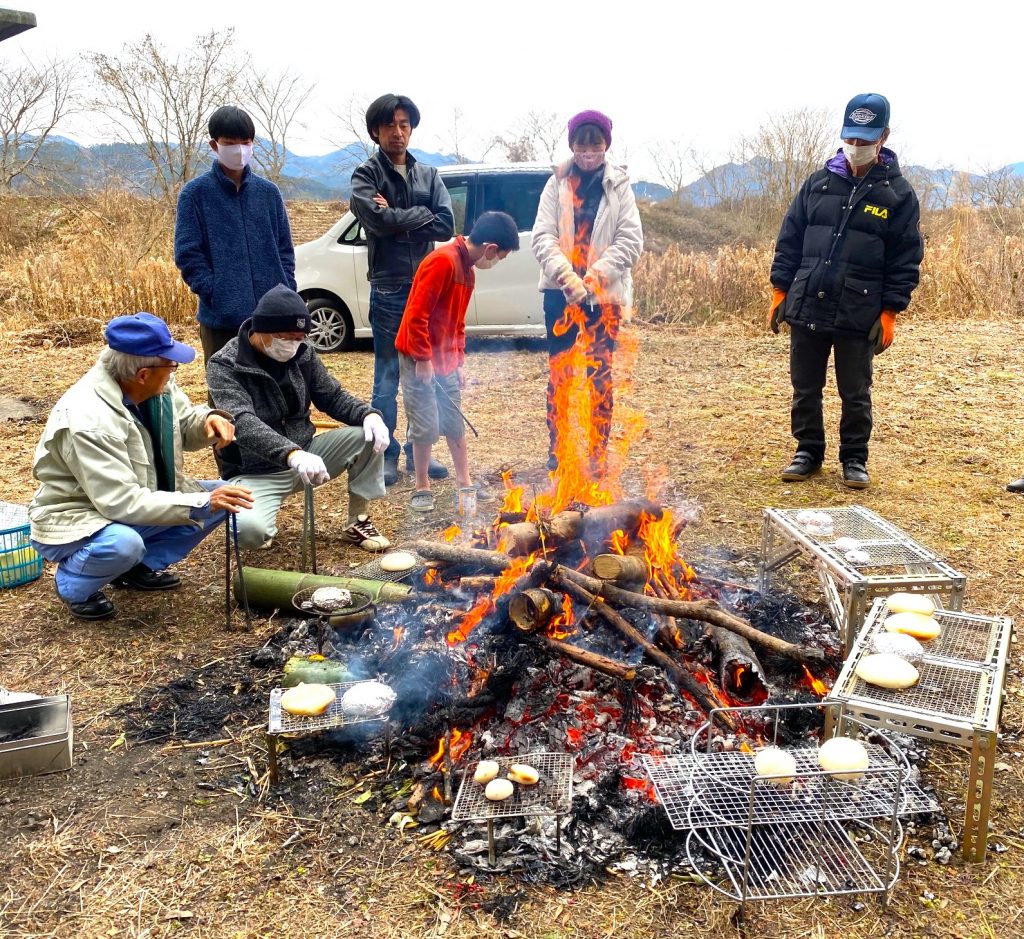









Life In Japan: Mystery Box
Here’s a challenge. Can anyone out there guess what this is?
I always say that here in Japan, almost every day I get some new, interesting surprise.
So?
You’ve probably figured out by now this is a vending machine. But what kind of vending machine? What does it vend?
Admittedly, I haven’t lived in the U.S. for over 14 years.
But I can still say with 100% confidence that a vending machine like this DOES NOT EXIST anywhere in the States. Of course, they have vending machines for many items: candy, chips, cookies, coffee, cigarettes, condoms, crackers, Coke, Pepsi and Sprite.
But not this!
Okay, here’s another photographic clue, a close-up of the photo on the machine below the selection buttons.
Does this help? Are you getting closer?
Whoa! I’m as fidgety as a canary on Monster Zero Ultra. Frankly . . . I can’t stand the suspense any longer.
So here it is. This is a vending machine for . . .
[ Drum roll ]
OYSTERS!
Yes, my patient and dedicated readers . . . fresh oysters is what comes out, after you plop some money in.
Now I’m not an oyster fan. The texture is fine. That slippery, slimy, mucousy vibe is not a problem for me. Nor is the oceanic salinity or organic rawness. I love squid and octopus, sushi and sashimi, seaweed and kelp. I just don’t especially like the flavor of oysters. There was even a world-class oyster bar in Portland, Oregon — my last permanent home in the U.S. — and I never went.
On the other hand, my wife Masumi loves oysters!
How convenient, eh? It’s 3:00 am and wham! she gets an oyster craving. No stores open? Not a problem. Just drive over to the OYSTER VENDING MACHINE!
Unfortunately, this particular one isn’t very convenient. It’s about 2 1/2 hours away in a town called Ayabeyama Bairin, famous at this time of year for the 20,000 plum trees in its Tatsuno Gardens. We went there to enjoy the early-flowering blossoms. Ayabeyama Bairin is right on the coast and fishing is one of the main industries. We discovered the vending machine at a fresh oyster stand as we left the area to head home.
Of course, no way could we leave the area without Masumi stocking up. Here she is in the final stage of buying some of the slimy taste delights.
She ate them all herself.
I was very happy for her!